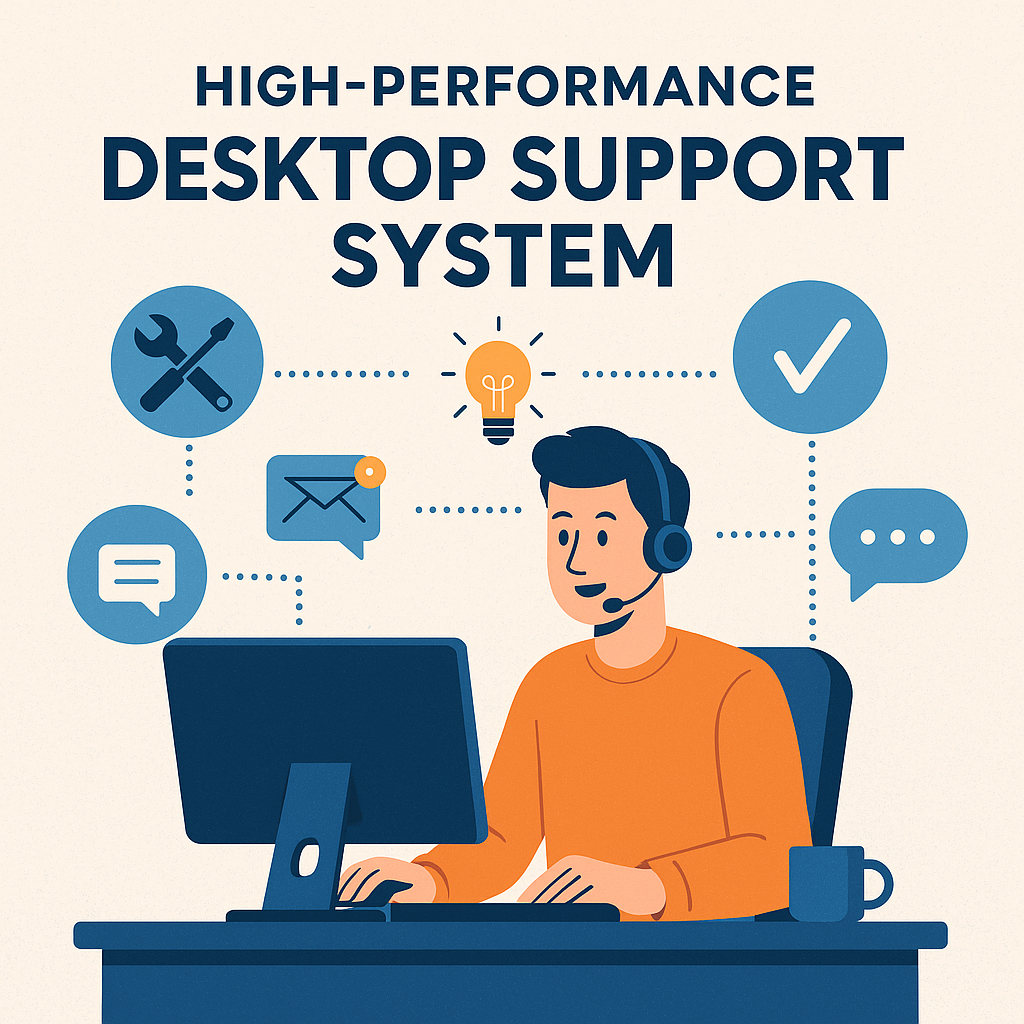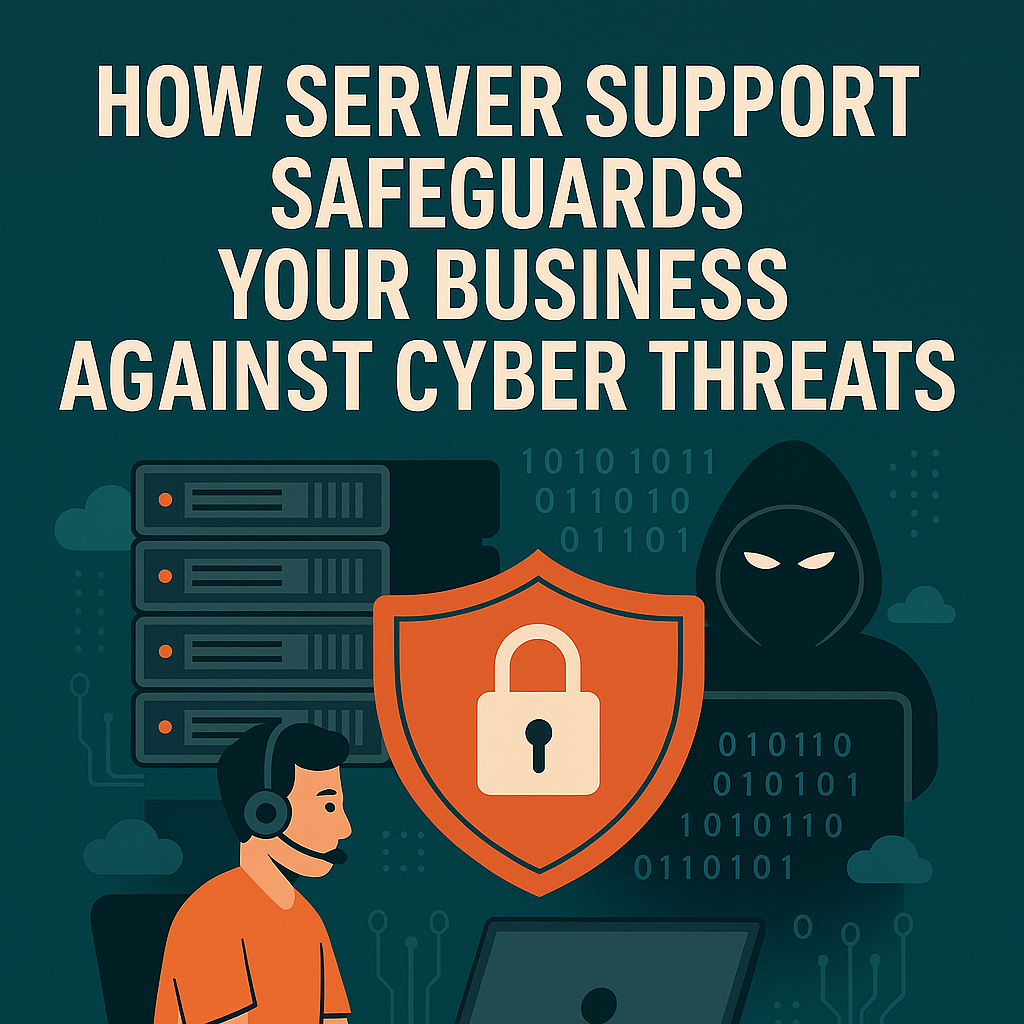How VoIP Is Powering the Next Generation of Remote Work

Businesses are embracing remote work solutions to stay competitive and connected. Among these solutions, VoIP (Voice over Internet Protocol) stands out as a game-changer, enabling seamless communication, collaboration, and productivity for remote teams. This article explores how VoIP is powering the next generation of remote work, revolutionizing the way teams interact and collaborate across the globe.
What is VoIP and Why Does It Matter for Remote Work?
VoIP is a technology that allows voice communication and multimedia sessions to be transmitted over the internet, rather than traditional phone lines. VoIP enables businesses to make calls, send messages, and hold virtual meetings without the need for costly, conventional telephone systems. For remote work, VoIP provides several advantages, including:
-
Cost Efficiency: By using the internet for calls, VoIP significantly reduces long-distance and international communication costs.
-
Flexibility: Employees can connect from anywhere, whether they’re working from home, a coffee shop, or while traveling.
-
Scalability: VoIP solutions can easily scale with your business, making it easier to add users or adjust features as needed.
Additionally, businesses can complement VoIP with managed IT services and outsourced cybersecurity services to ensure that communication systems are secure and optimized for remote teams. This combination enhances both performance and protection for a seamless remote work experience.
How VoIP Transforms Remote Work
1. Enhanced Communication
VoIP empowers teams to communicate effectively, regardless of location. With features like video conferencing, instant messaging, and voicemail-to-email, remote workers can stay connected with colleagues, clients, and customers. VoIP ensures that communication is smooth, reliable, and consistent.
By integrating outsourced cybersecurity services with VoIP, businesses can safeguard these communication channels against cyber threats. Having a robust outsourced cybersecurity service helps remote workers communicate securely without worrying about data breaches or unauthorized access.
2. Collaboration Tools
Modern VoIP systems often come bundled with collaborative features such as screen sharing, file sharing, and team messaging. These tools foster seamless teamwork, making it easier for remote teams to share documents, brainstorm ideas, and collaborate on projects in real-time, even if they’re continents apart.
For remote teams relying on small business server support or professional server support, VoIP integration can be a game-changer. By ensuring the servers hosting VoIP services are well-supported, businesses can keep their communication systems running smoothly.
3. Integration with Business Applications
VoIP solutions are often integrated with customer relationship management (CRM) systems, help desk software, and other business applications. This integration streamlines workflows, enabling remote workers to access all their communication tools within a single platform, enhancing efficiency and reducing the need for multiple tools.
For example, a business using Technijian managed IT support Panchkula can seamlessly integrate VoIP systems with their existing IT infrastructure, streamlining operations and boosting team productivity.
4. Mobile and Desktop Flexibility
Since VoIP can be accessed via smartphones, laptops, or desktops, remote employees are no longer tied to a desk or office phone. This flexibility empowers employees to work from any device, providing the freedom to stay connected, whether they’re at home or on the go.
For businesses utilizing virtual server support, VoIP systems can be accessed from any device connected to the internet, making it even easier for remote teams to manage and troubleshoot server-related issues on the fly.
5. Cost Savings
Traditional phone systems often require expensive infrastructure and ongoing maintenance costs. With VoIP, businesses only need an internet connection to operate, which leads to significant savings. The ability to make local and international calls at no additional charge helps companies further reduce communication expenses, which is especially beneficial for remote teams.
Companies looking to reduce costs can also integrate outsourced cyber security services to monitor and secure their VoIP systems, ensuring safe and affordable communication solutions for all remote work needs.
Key Benefits of VoIP for Remote Work
1. Reduced Communication Costs
VoIP eliminates the need for expensive landlines and international calling plans, allowing businesses to significantly reduce their communication costs. Employees can make calls over the internet at no additional charge, leading to better budget allocation.
2. Increased Productivity
With features like call forwarding, virtual assistants, and conference calling, VoIP systems enhance productivity for remote workers. Employees can manage calls, schedule meetings, and handle customer inquiries without missing a beat.
As businesses invest in best server monitoring tools and virtual server support, they ensure that their communication systems are not only cost-effective but also optimized for maximum performance and uptime.
3. Improved Flexibility and Mobility
VoIP‘s mobility features allow workers to take calls, attend virtual meetings, and communicate seamlessly, no matter where they are located. This is especially beneficial for remote workers who may need to work from different locations or time zones.
4. Better Work-Life Balance
With VoIP, remote workers can manage calls and meetings from anywhere, giving them greater control over their schedules. This flexibility leads to a better work-life balance, which is crucial for long-term job satisfaction and employee retention.
5. Scalability and Customization
VoIP systems are highly scalable, allowing businesses to add users or adjust features as their remote team grows. Whether a company is expanding its workforce or shifting to a more hybrid model, VoIP can be customized to fit the organization’s needs.
FAQs About VoIP and Remote Work
Q1: What are the primary benefits of VoIP for remote workers?
A1: VoIP offers several benefits for remote workers, including cost savings on communication, flexibility to work from any device or location, and the ability to integrate with other business tools like CRM systems and help desks. These features help improve communication, collaboration, and overall productivity.
Q2: How does VoIP improve collaboration for remote teams?
A2: VoIP enhances collaboration by providing features such as video conferencing, team messaging, file sharing, and screen sharing. These tools allow remote teams to collaborate in real-time, fostering effective teamwork regardless of geographical location.
Q3: Can VoIP be used for international communication in remote work?
A3: Yes, VoIP is particularly beneficial for international communication. Unlike traditional phone systems, VoIP allows businesses to make international calls at no additional cost, helping remote teams stay connected with clients and colleagues across the globe.
Q4: Is VoIP easy to set up for remote teams?
A4: Yes, VoIP systems are typically easy to set up. As long as you have a reliable internet connection, you can set up a VoIP system in minutes. Many VoIP providers offer cloud-based solutions, meaning that no complex infrastructure is required.
Q5: How secure is VoIP for remote work?
A5: VoIP systems can be highly secure when properly configured. Many providers offer encrypted communication channels, ensuring that calls and data shared over VoIP are protected. Businesses should also implement security best practices, such as firewalls and multi-factor authentication, to enhance protection. Leveraging outsourced cybersecurity services can also help ensure the system is protected from potential vulnerabilities.
Conclusion
VoIP is revolutionizing the way businesses support remote work by providing an efficient, flexible, and cost-effective communication solution. With features like video conferencing, team collaboration, and seamless integration with business tools, VoIP enables remote workers to stay connected, productive, and engaged, no matter where they are. As remote work continues to rise in popularity, adopting VoIP technology is essential for businesses looking to stay competitive and provide their teams with the tools they need to succeed in the modern work environment.
For companies seeking a secure and well-supported communication system, integrating Technijian managed IT support Panchkula, virtual server support, and outsourced cybersecurity services ensures the systems remain robust and protected.




No comment